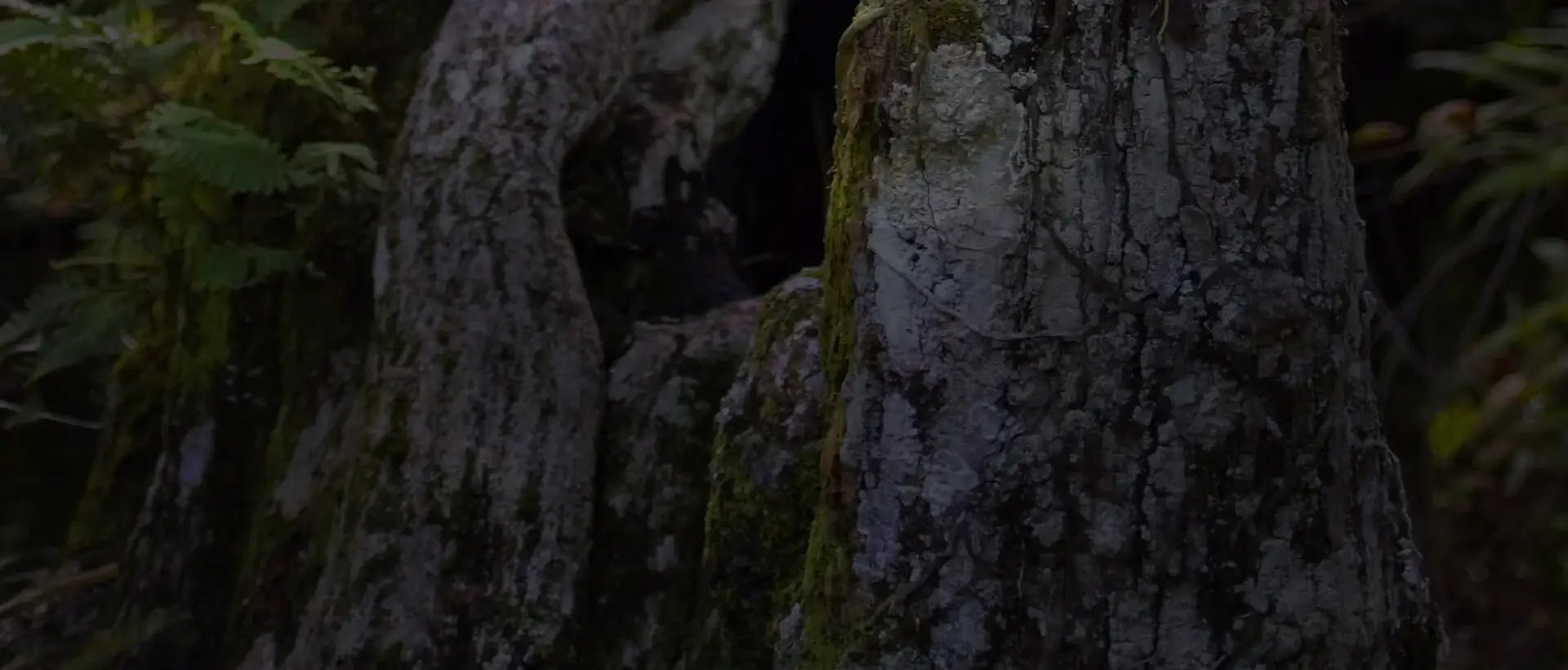CITES (Convention on International Trade in Endangered Species of Wild Fauna and Flora) is an international treaty designed to ensure that international trade in wild animals and plants does not threaten their survival. CITES became effective in 1975, and was conceived in the spirit of international cooperation to safeguard certain species from over-exploitation. Countries that have acceded to the treaty, known as Parties, are legally bound by the treaty and must implement its provisions through national legislation, but may also have their own stricter domestic laws.
In the CITES context, “trade” is not defined by whether it is commercial or non-commercial, but rather is merely defined as the movement of specimens across international borders. Today, CITES accords varying degrees of protection to more than 30,000 species of animals and plants, whether traded as live specimens, fur coats or dried herbs.
All orchids are covered by CITES and therefore require CITES permits for transport between countries. This requirement applies to large commercial shipments as well as small quantities of plants for personal use. Exemptions exist for some types of orchids, but it is best to check with the national CITES authorities of both the country of export and the country of import to determine whether your orchids qualify for an exemption, and whether the exemption is recognized by both the importing and exporting countries. CITES permits are not required for any activity conducted within a country, although national laws may apply, especially for native species.
For more information about CITES please visit their website

CITES

FREE ACCESS: Orchid DealWire
Get notified when orchid vendors have special promotions and exclusive savings.






